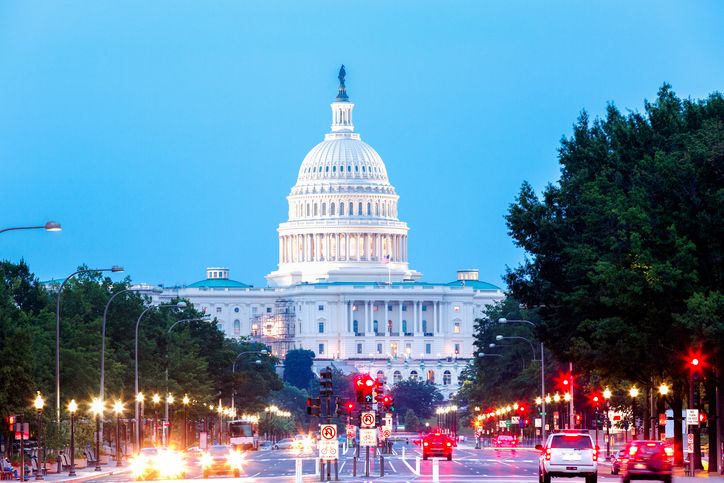 The Regulatory Accountability Act was passed in the house by a 238-183 vote, with only five Democrats in support. It may have a harder time passing in the Senate, though, where Republicans hold a slim majority.
The Regulatory Accountability Act was passed in the house by a 238-183 vote, with only five Democrats in support. It may have a harder time passing in the Senate, though, where Republicans hold a slim majority.
This legislation is important for all CEOs, given it has the potential to affect rules in all shapes or forms, whether centered on financial markets, labor practices, food safety or the environment.
It would impose dozens of new conditions on the executive arm of government, expose proposals to greater judicial scrutiny and ultimately slow down the rule-making process. Republicans argue the legislation will rein in government over-reach, but many Democrats fear it blurs the separation between the executive and and legislative branches of power and would allow business to avoid oversight.
“Our aging regulatory system is long overdue for an upgrade,” U.S. Chamber of Commerce senior vice president Neil Bradley said. “This legislation would increase scrutiny of only the most impactful rules, requiring greater transparency and agency accountability.”
Other supporters of the legislation argue it would give Donald Trump the tools to honor his pledge to free business from overbearing regulation.
“The Obama Administration abused regulation to force its will on the American people,” Republican Congressman Bob Goodlatte said ahead of the vote. “The assembling Trump administration promises to wipe out abusive regulation—freeing America to innovate and prosper once more.”
Democratic Congressman John Conyers said the legislation would jeopardize public safety. “Worse yet, many of these new requirements are intended to facilitate the ability of regulated entities—such as well-funded corporate interests—to intervene and derail regulatory protections they oppose.”
The Senate is currently comprised of 52 Republicans, 46 Democrats and 2 independents who caucus with Democrats. That gives opponents of the regulation more than enough scope to delay its passage via filibuster.
“Now we urge the Senate to follow the House’s lead and turn their attention to regulatory reform,” the Chamber of Commerce’s Bradley said. “We need reforms that encourage business expansion, spur job creation and ultimately help grow the American economy.”

Chief Executive Group exists to improve the performance of U.S. CEOs, senior executives and public-company directors, helping you grow your companies, build your communities and strengthen society. Learn more at chiefexecutivegroup.com.
0

1:00 - 5:00 pm
Over 70% of Executives Surveyed Agree: Many Strategic Planning Efforts Lack Systematic Approach Tips for Enhancing Your Strategic Planning Process
Executives expressed frustration with their current strategic planning process. Issues include:
Steve Rutan and Denise Harrison have put together an afternoon workshop that will provide the tools you need to address these concerns. They have worked with hundreds of executives to develop a systematic approach that will enable your team to make better decisions during strategic planning. Steve and Denise will walk you through exercises for prioritizing your lists and steps that will reset and reinvigorate your process. This will be a hands-on workshop that will enable you to think about your business as you use the tools that are being presented. If you are ready for a Strategic Planning tune-up, select this workshop in your registration form. The additional fee of $695 will be added to your total.

2:00 - 5:00 pm
Female leaders face the same issues all leaders do, but they often face additional challenges too. In this peer session, we will facilitate a discussion of best practices and how to overcome common barriers to help women leaders be more effective within and outside their organizations.
Limited space available.

10:30 - 5:00 pm
General’s Retreat at Hermitage Golf Course
Sponsored by UBS
General’s Retreat, built in 1986 with architect Gary Roger Baird, has been voted the “Best Golf Course in Nashville” and is a “must play” when visiting the Nashville, Tennessee area. With the beautiful setting along the Cumberland River, golfers of all capabilities will thoroughly enjoy the golf, scenery and hospitality.
The golf outing fee includes transportation to and from the hotel, greens/cart fees, use of practice facilities, and boxed lunch. The bus will leave the hotel at 10:30 am for a noon shotgun start and return to the hotel after the cocktail reception following the completion of the round.